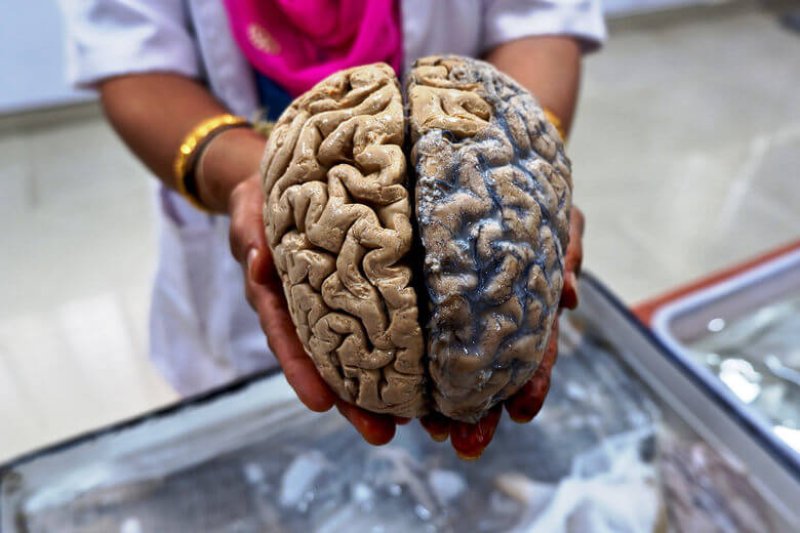…
Scientists have proposed biological mechanisms for variations among individuals’ [general intelligence] levels ranging from brain size and density to the synchrony of neural activity to overall connectivity within the cortex. But the precise physiological origin of g is far from settled, and a simple explanation for differences in intelligence between individuals continues to elude researchers. A recent study of 1,475 adolescents across Europe reported that intelligence, as measured by a cognitive test, was associated with a panoply of biological features, including known genetic markers, epigenetic modifications of a gene involved in dopamine signaling, gray matter density in the striatum (a major player in motor control and reward response), and the striatum’s activation in response to a surprising reward cue.
…
While those in the field generally agree that science has a long way to go to make sense of how we think, most express cautious optimism that the coming decades will yield major insights.
Read full, original post: The Biological Roots of Intelligence































